Category: Science and the Media
NPR and the False Choice of Alternative Medicine
A recent segment on NPR is an excellent representation of some of the mischief that promotion of unscientific medical treatments can create. The title is a good summary of the problem: “To Curb Pain Without Opioids, Oregon Looks To Alternative Treatments.” The entire segment is premised around a false dichotomy, between excess use of opioids and unproven alternative treatments. It is clear...
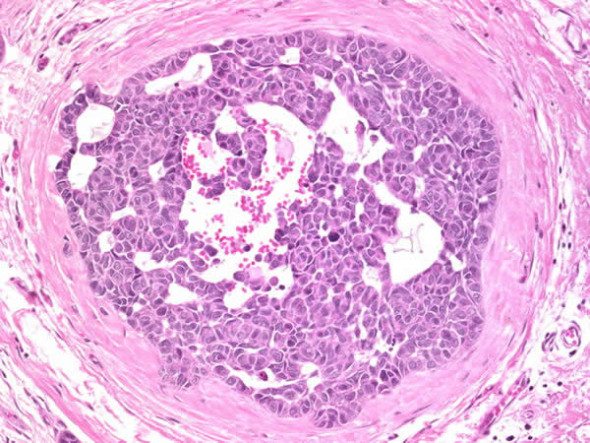
How should we treat DCIS?
I’ve written more times than I can remember about the phenomenon of overdiagnosis and the phenomenon that is linked at the hip with it, overtreatment. Overdiagnosis is a problem that arises when large populations of asymptomatic, apparently healthy people are screened for a disease or a condition, the idea being that catching the disease at an earlier stage in its progression will...

Medical Theater: Vaccines and Ebola
And all the men and women merely players; They have their exits and their entrances, And one man in his time plays many parts, His acts being seven ages. At first, the infant, Mewling and puking in the nurse’s arms. Then the whining schoolboy, with his satchel And shining morning face, creeping like snail Unwillingly to school. And then the lover, Sighing...
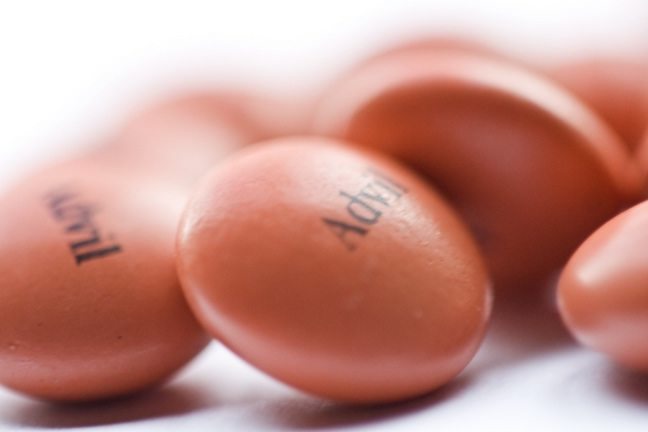
The evolving story of the harms of anti-inflammatory drugs
Owing to summer vacation, today’s post updates a 2011 post and a 2013 post with some new information. Anti-inflammatory drugs are among the most well-loved products in the modern medicine cabinet. They can provide good pain control, reduce inflammation, and eliminate fever. We give non-steroidal anti-inflammatory drugs (NSAIDs) in infancy, continuing through childhood and then adulthood for the aches and pains of...
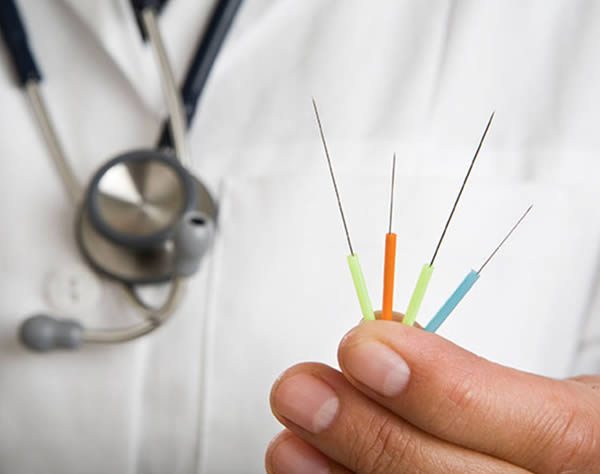
NCCIH and the true evolution of integrative medicine
There can be no doubt that, when it comes to medicine, The Atlantic has an enormous blind spot. Under the guise of being seemingly “skeptical,” the magazine has, over the last few years, published some truly atrocious articles about medicine. I first noticed this during the H1N1 pandemic, when The Atlantic published an article lionizing flu vaccine “skeptic” Tom Jefferson, who, unfortunately,...
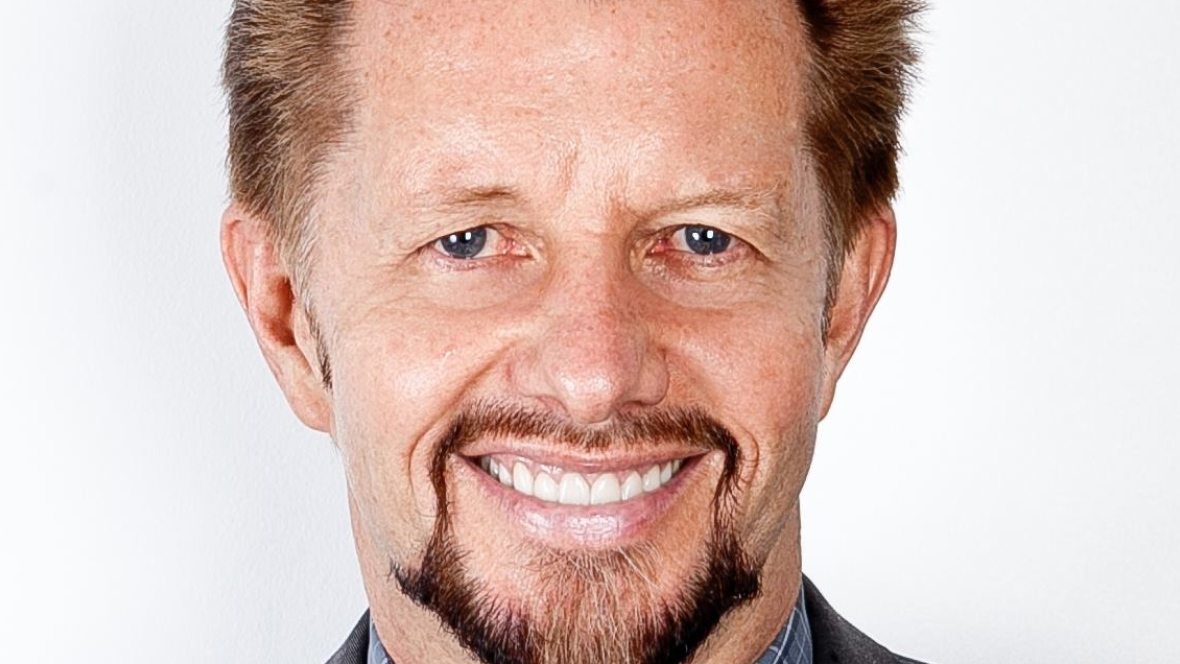
Florida strikes out against Brian Clement
Brian Clement is a charlatan. Unfortunately, that doesn’t seem to be a problem for the State of Florida. I made two (which turned into three) attempts to get the state to take action against Clement or the Hippocrates Health Institute, where he serves with his wife Anna Maria Gahns-Clement as co-director. All of them failed. Brian Clement slithered through the cracks in...
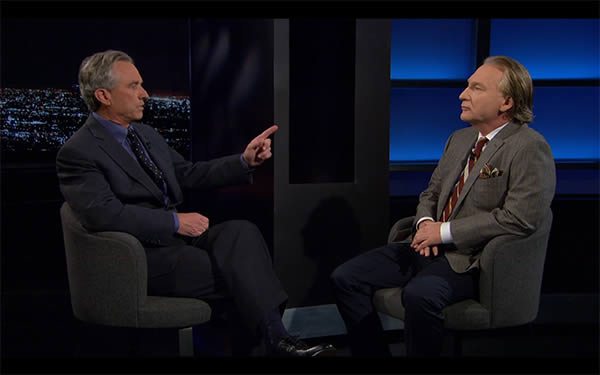
Bill Maher: Still an antivaccine crank after all these years
Bill Maher likes to represent himself as the epitome of rationality, primarily on the basis of his rejection of religion. However, rejection of religion does not necessarily make one a skeptic. Maher has demonstrated this over the last decade based on his embrace of antivaccine pseudoscience and other unscientific views. This time around, he fawned over antivaccine activist Robert F. Kennedy Jr.
“America’s Quack” strikes back
Those of you who read my not-so-super-secret other blog (or who follow the news) familiar with this, but I feel that what happened over the last couple of weeks with respect to a man to whom I like to refer as “America’s Quack” is worth posting right here, in modified form. Last week, a group of ten doctors led by Dr. Henry...
Less benefit, more risk. Our assumptions about health treatments are probably wrong.
I’m a health professional, but sometimes a patient as well. And like most patients, I generally don’t want health decisions being made without my input. Yes, I want the best medical information, and the advice of medical professionals, but ultimately I want to make my own decisions about my care. That’s the norm in health care today, but relatively new in the...


